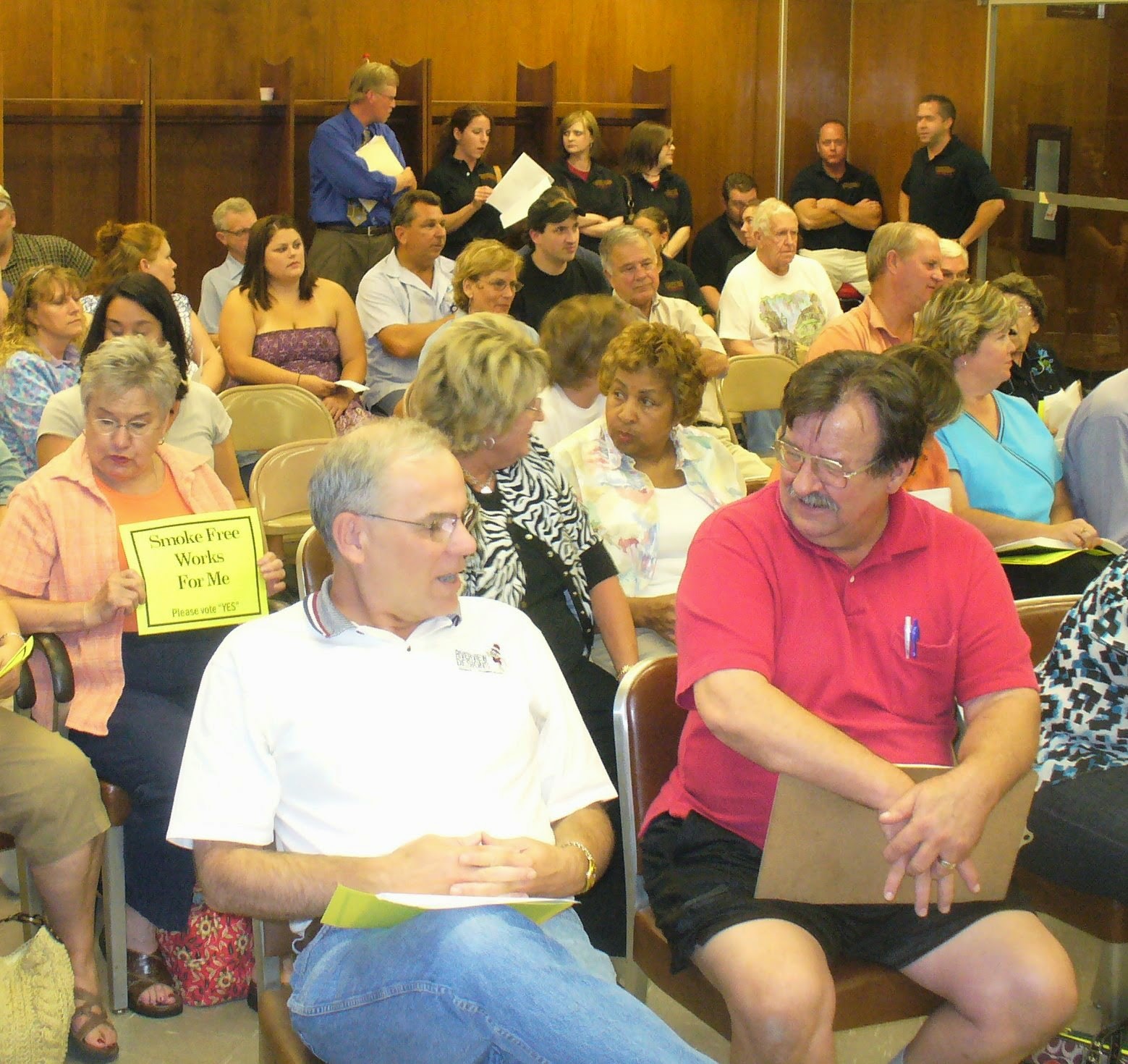
ON THE AVENUES: These 10 definitions will help you speak local politics like a native.
A weekly web column by Roger A. Baylor.
It is a matter of considerable disappointment that I’ve never learned to speak a foreign language, at least outside of Restaurant Menu German, Ask for a Beer in Russian and Really Simple Numbers Spanish.
Accordingly, it annoys me when a writer inserts a foreign language phrase into the narrative without translation, especially when it’s French.
Stray Latin words that have crept into our vernacular (“Et tu, Brute?”) are one thing, but interrupting the account of a soccer match to quote Montesquieu strikes me as both pretentious and unnecessary.
On the other hand, finding the right word or words is crucial to communication, and readers “getting” it is the entire point of writing. Often I, too, make references to concepts using words and phrases which I assume are widely understood, but actually are not.
Today, with the magic of cut, paste and Wikipedia (except where noted), it is my aim to clarify certain words, phrases and concepts. There’ll be a definition, and a local example. Let’s begin with rage against the machine.
Political Machine
A political machine is a political organization in which an authoritative boss or small group commands the support of a corps of supporters and businesses (usually campaign workers), who receive rewards for their efforts. The machine’s power is based on the ability of the workers to get out the vote for their candidates on election day.
Although these elements are common to most political parties and organizations, they are essential to political machines, which rely on hierarchy and rewards for political power, often enforced by a strong party whip structure. Machines sometimes have a political boss, often rely on patronage, the spoils system, “behind-the-scenes” control, and longstanding political ties within the structure of a representative democracy. The term may have a pejorative sense referring to corrupt political machines.
The Democratic Party machine controls municipal politics in New Albany, and the Republican Party machine in Floyd County, enabling them to maintain a comfy two-party monopoly on power. Among the indispensable cogs in the local patronage political party machine is the …
Ward Heeler
A ward heeler is an American urban political operative who works for a political party in a political ward, the smallest electoral subdivision of a city, usually in order to achieve an election result. A ward heeler may have controlling influence with a small clique in the ward organization. Often, ward heelers have been low-level operatives soliciting votes and performing campaign tasks on behalf of a political boss, including get-out-the-vote efforts, placing campaign signage, coordination of constituent support, etc. In many urban areas, ward heelers also serve as precinct captains.
In spite of the fact that Dan Coffey adheres to no coherent ideology apart from his jowly image in the mirror, his skill at ward heeling – particularly within the Autonomous Republic of Riverview Towers – means he never has to say he’s sorry. Ironically, Uncle Joe Stalin began as a ward heeler for the Bolsheviks, later graduating to …
Cult of Personality
A cult of personality arises when an individual uses mass media, propaganda, or other methods, to create an idealized, heroic, and at times, worshipful image, often through unquestioning flattery and praise.
For almost four years, New Albany’s current mayor has avoided making his first mistake in office. It is a consecutive-day errorless streak without parallel in politics. When missteps have occurred, they’ve been the fault of others. Constantly he produces shiny and magnanimous gifts for his constituents, and does so without raising taxes. He is everywhere, and yet nowhere, his image on the Book of Face, his name on numerous plaques.
Pssst … excuse me, but do you mind if I steal a glance behind that façade on the film studio backlot …
Potemkin Village
The phrase “Potemkin village” was originally used to describe a fake portable village, built only to impress. According to the story, Grigory Potemkin erected the fake portable settlement along the banks of the Dnieper River in order to fool Empress Catherine II during her journey to Crimea in 1787. The phrase is now used, typically in politics and economics, to describe any construction (literal or figurative) built solely to deceive others into thinking that some situation is better than it really is.
Our new water sports palace is very nice, thank you, but have you walked through an alleyway lately?
Seen the condition of some of our housing stock?
Tried to cross the street at Main and W. 1st?
Noticed the proliferation of Dollar General Stores on all available street corners?
It’s looking more and more like …
Smoke and mirrors
A metaphor for a deceptive, fraudulent or insubstantial explanation or description. The source of the name is based on magicians’ illusions, where magicians make objects appear or disappear by extending or retracting mirrors amid a distracting burst of smoke. The expression may have a connotation of virtuosity or cleverness in carrying out such a deception.
Another recurring local political favorite is the ‘ol …
Bait-and-switch
A form of fraud used in retail sales but also employed in other contexts. First, customers are “baited” by merchants’ advertising products or services at a low price, but when customers visit the store, they discover that the advertised goods are not available, or the customers are pressured by sales people to consider similar, but higher priced items (“switching”).
“Hello. I see you carry the economy packets of Municipal Budget. Can I have one of them, please? What’s that? You’re out of those, but you have the 40% Larger in Less Than Five Years size? Hmm, can I think about it for a minute? What? Whaddya mean I’ve already paid for it?”
Transparency
As used in science, engineering, business, the humanities and in other social contexts, it implies openness, communication, and accountability. Transparency is operating in such a way that it is easy for others to see what actions are performed. It has been defined simply as “the perceived quality of intentionally shared information from a sender”.
As David Duggins demonstrated at Tuesday’s merchant meeting, “transparency” in New Albany is when anyone needing anything from government supplies an itemized, exhaustive list of motives, causes, effects and outcomes to a board of “works” that meets weekly at 10:00 a.m. and refuses to be bothered any other day or way, and when transparency is turned the other way around, it means government will conceive, plan, approve and execute a $20 million dollar TIF bond for parks without the benefit of a single substantive public meeting until after the plan is finished, primarily because …
Monetization
The term “monetization” may be used informally to refer to exchanging possessions for cash or cash equivalents, including selling a security interest, charging fees for something that used to be free, or attempting to make money on goods or services that were previously unprofitable or had been considered to have the potential to earn profits.
In New Albany, monetization occurs when the political machine utilizes non-transparency to fund capital projects (or Potemkin Villages) by bonding debt, incorporating the ward heeler’s share, as well as guaranteeing that lists of future political donors will include the same names as those on the contracts to design and construct the expensive capital projects. Many diverse beaks are made wet, and the circle remains unbroken, except that perhaps we’re finally about to witness a …
Revolution of Rising Expectations
Popularized during the 1950s in discussions of the foreign and developmental aid policies of the United States, the term was used to describe the hope of the poorest counties for a better future in the wake of postwar decolonialization. It was said that rising expectations embodied the 20th century’s “real” revolution insofar as it represented for the vast majority of the world’s population a break from centuries of stagnation, fatalism, and exploitation. (Encyclopedia.com)
In a New Albanian context, rising expectations are that the traditional political bait ‘n’ switch is replaced by merit and efficiency in civic management, wherein the city’s infrastructure and assets are deployed to provide a more level playing field for residents every day, not every now and then, and from the grassroots building upward, rather than trickling down.
It’s a point best made when borrowing a term from Teddy.
Bully pulpit
A sufficiently conspicuous position that provides an opportunity to speak out and be listened to. This term was coined by President Theodore Roosevelt, who referred to the White House as a “bully pulpit”, by which he meant a terrific platform from which to advocate an agenda. Roosevelt used the word bully as an adjective meaning “superb” or “wonderful”, a more common usage in his time than it is today. Another expression which survives from this era is “bully for you”, synonymous with “good for you”.
1,466 words, and not a single one of them French.
You’re welcome.
—
Recent columns:
June 11: ON THE AVENUES: This is Dan Coffey, New Albany’s quintessential Democrat.
May 28: ON THE AVENUES: The last of the summer beer.
May 21: ON THE AVENUES REWOUND: “I Just Want to Know, Can I Park Here Somewhere?”
May 14: ON THE AVENUES: Take this cult of personality and shove it.











